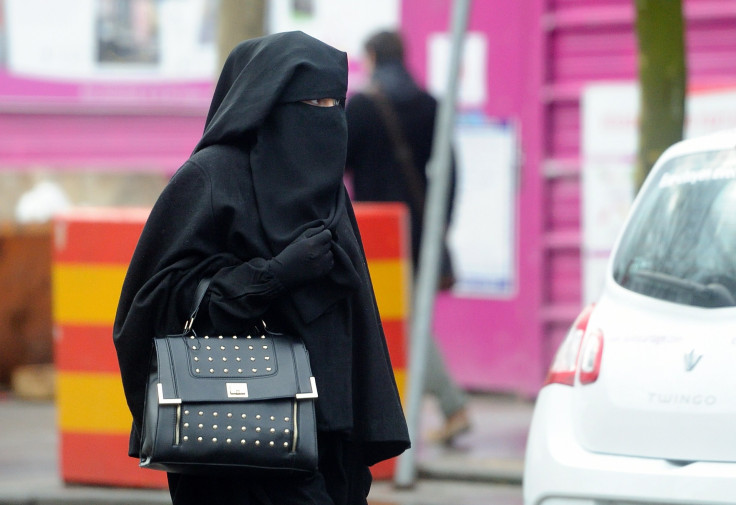French Human Rights Court Upholds Ban On Headscarf In Muslim Hospital Worker Case

A top human rights court in Europe upheld France’s ban on headscarves Thursday in a case where a Muslim social worker lost her job over not agreeing to remove her headscarf. The case dated back to 2000 when Christiane Ebrahimian was fired from working in the psychiatric department at a public hospital in Nanterre, a western suburb of Paris.
Ebrahimian was reportedly terminated from her job because the patients complained against her refusing to remove her headscarf. The secular government in the country bars people from displaying religious beliefs while they are at work. The law also applies to schoolchildren and the parents who wish to accompany them on class outings. The ban was implemented in 2004 to bar “conspicuous” religious symbols but the move did not sit well with the country’s Muslim community, the largest in Europe.
The latest report follows the attack on Paris on Nov. 13 in which 129 people died in an attack claimed by the Islamic State group. The country has been witnessing instances of Islamophobia with two major terrorist attacks in the country this year.
Last Wednesday, a woman wearing a veil in Marseille was attacked by a man who called her a terrorist and blamed her wearing the hijab. He reportedly punched her in the neck and slit her chest with a box cutter, and then reportedly fled the scene, the Local, a French newspaper reported. In March, another woman, who was in her final month of pregnancy and was wearing a veil, was assaulted violently in the southern French city of Toulouse.
A study by the Montaigne Institute, a Paris-based think tank promoting economic and social justice policy, said that self-identified Muslim men in France were four times less likely to get a job interview than their Catholic counterparts.
"These two stereotypes feed a very strong discrimination, particularly regarding male Muslims," Marie-Anne Valfort, a senior lecturer at Sorbonne University in Paris, who conducted the study, said last month. "The recruiter perceives an increased risk of transgressive religious practice in the workplace and associates it with a risk of insubordination."
© Copyright IBTimes 2024. All rights reserved.












